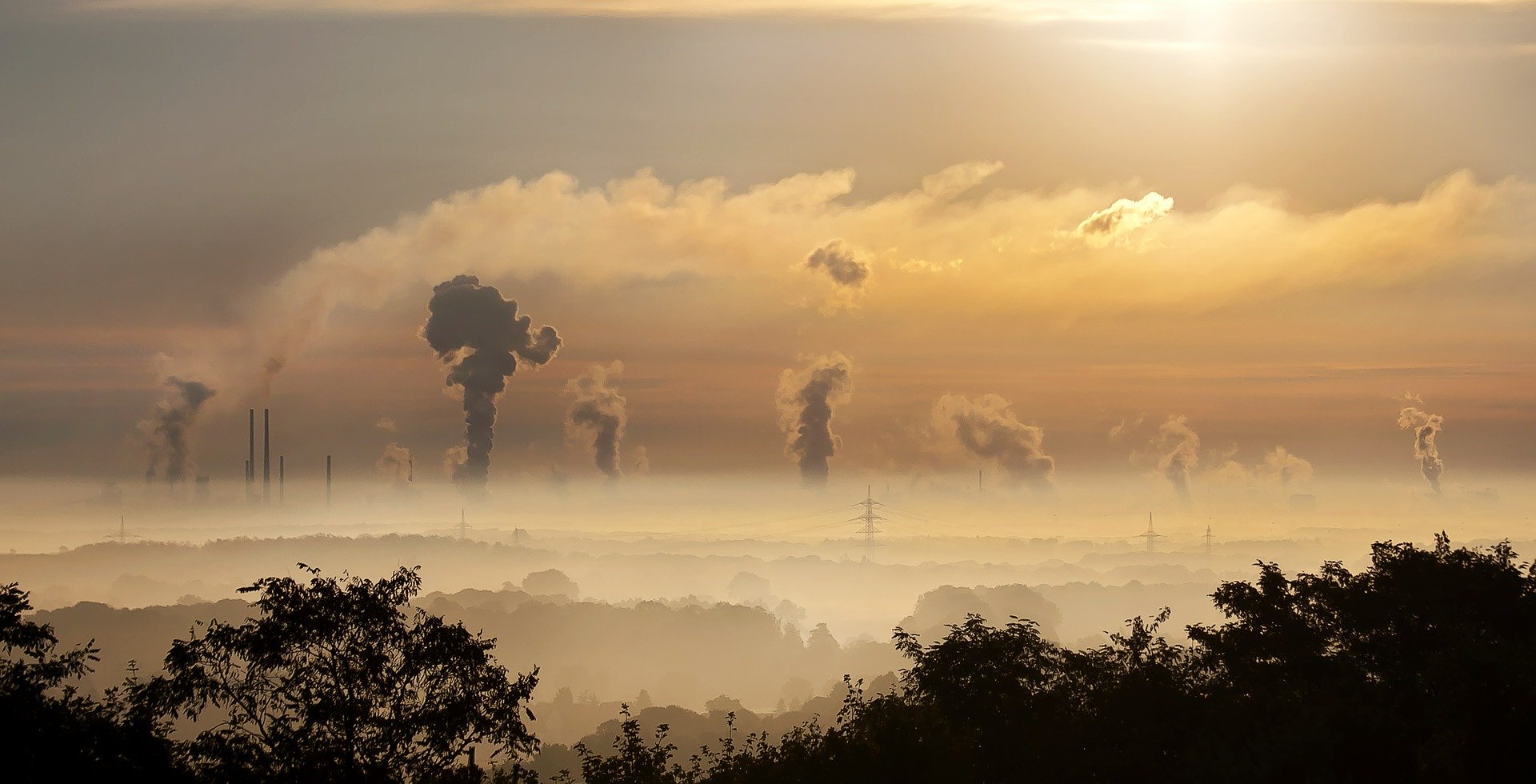Fast Fashion and Human Rights: Why It’s Time for Change
The link between fast fashion and human rights reveals deep systemic issues. From factory collapses to poverty wages and toxic workplaces, the fashion industry's rush to produce cheap clothing comes at a human cost. But sustainable fashion offers an alternative one rooted in ethics, environmental care, and respect for workers.
Sustainable fashion is no longer a niche movement, it’s a growing response to the harm caused by decades of industrial overproduction and labor exploitation. Traditional fashion systems have damaged ecosystems, wasted resources, and endangered lives. A better path forward has never been more urgent.
Keep reading to learn more about the rise of sustainable fashion and why eco-friendly clothing matters.
Social Impact of Unethical Manufacturing
In the past, the clothing Americans wore was largely manufactured right here in the United States. That changed when corporations began moving their manufacturing facilities overseas to capitalize on cheap labor and materials. Today, much of what Americans wear is made in countries like China, Cambodia and Bangladesh where laborers earn as little as 50 cents per hour.
The conditions in many of these factories are horrendous. Mass fainting is common due to oppressively hot temperatures, and people are frequently fired for "offenses" like getting sick or becoming pregnant. In one of the worst incidents in recent history, a garment factory collapsed in Bangladesh. This 2013 disaster resulted in the death of 1,132 people, and injured two thousand more, drawing international attention to the human rights violations embedded in the global supply chain.
Labor abuses are not limited overseas. The New York Times in December 2019 detailed abuses by Fashion Nova, the flashy online retailer.:
"Los Angeles is filled with factories that pay workers off the books and as little as possible, battling overseas competitors that can pay even less. Many of the people behind the sewing machines are undocumented, and unlikely to challenge their bosses," the Times reported.
Environmental Impact of Fast Fashion

The fast fashion industry takes a terrible toll on the environment, too. Each year, this industry generates 1.2 billion tons of greenhouse gases—more than international flights and maritime shipping combined. The industry also consumes a whopping 98 million tons of oil every single year. The process of dyeing textiles is one of the largest causes of clean water pollution.
Even more concerning is the waste. Because fast fashion encourages constant buying and discarding, most of these low-cost garments end up in landfills within months of purchase. This is not just an environmental crisis—it’s a failure of responsibility.
A Sustainable Way Forward
Ethical fashion provides a hopeful alternative. By shifting toward sustainable practices, brands can reduce their environmental impact and protect the rights of workers. This includes using organic materials, ensuring safe working conditions, and designing clothing that lasts.
More and more companies are embracing this approach. Brands like Bella + Canvas and Alternative Apparel offer everyday basics made with care. Patagonia and Columbia lead in sustainable outerwear, while Eileen Fisher demonstrates how luxury and ethics can coexist. These companies show that it’s possible to succeed in fashion without compromising human rights.
Frequently Asked Questions
Why is fast fashion considered a human rights issue?
Fast fashion often relies on exploitative labor practices, including poverty wages, unsafe working conditions, and lack of worker protections. These conditions violate basic human rights, particularly in countries with weak labor enforcement.
Which brands are linked to fast fashion labor abuses?
Brands like Fashion Nova, Shein, and others have been publicly scrutinized for poor labor practices. However, many mainstream brands source from factories where conditions remain difficult to monitor, highlighting the need for greater supply chain transparency.
Are there labor abuses in the U.S. fashion industry too?
Yes. Investigations have revealed wage theft and unsafe working environments in U.S.-based garment factories, particularly in cities like Los Angeles. Many workers are undocumented and lack legal protections.
How does fast fashion impact the environment?
Fast fashion contributes to pollution through textile dyeing, greenhouse gas emissions, and excessive waste. Most garments are discarded after only a few uses, adding to landfills and environmental degradation.
What is sustainable or ethical fashion?
Ethical fashion prioritizes safe working conditions, fair wages, and environmentally responsible materials. Sustainable brands design clothing to last, using practices that respect both people and the planet.
How can I support ethical fashion?
You can support ethical fashion by buying from transparent brands, shopping secondhand, donating used clothing, and learning about textile waste. Planet Aid offers initiatives that help you take action locally and globally.
Want to Take the Next Step?
As consumers, we have the power to demand better. The connection between fast fashion and human rights is undeniable—and the time to act is now. By supporting ethical brands, rethinking our shopping habits, and advocating for fair labor practices, we help shape a more just and sustainable world.
Learn how you can support ethical fashion, reduce textile waste, and raise awareness in your community by exploring Planet Aid’s initiatives and resources. Let’s move beyond trends together, we can wear our values and create lasting change.
